Understanding and Addressing Neck Pain
Neck pain is a pervasive and often debilitating condition that affects a significant portion of the global population. Whether caused by poor posture, muscle strain, injury, or underlying medical conditions, neck pain can significantly impact an individual’s daily life.
Understanding the Causes:
Muscle Strain and Tension:
Neck pain often arises from muscle strain and tension, commonly associated with poor posture, prolonged sitting, or overuse of electronic devices. Research suggests that addressing ergonomic factors and incorporating neck exercises can help alleviate muscle-related neck pain (Cagnie et al., 2007).
Structural Issues:
Structural issues, such as herniated discs or degenerative changes in the cervical spine, can contribute to neck pain. Studies indicate that targeted exercises, physical therapy, and, in severe cases, interventional procedures and surgery may be considered for addressing structural causes (Binder et al., 2018).
Psychosocial Factors:
Psychological factors, including stress and anxiety, can exacerbate neck pain. Research underscores the importance of a holistic approach that integrates both physical and psychological interventions for comprehensive management (Hush et al., 2010).
Evidence-Based Treatments:
Physical Therapy:
Physical therapy plays a crucial role in the management of neck pain. Specific exercises and stretches can improve muscle strength, flexibility, and overall neck function (Jull et al., 2007).
Manual Therapy:
Chiropractic adjustments and osteopathic manipulative treatments have shown promise in relieving neck pain (Hurwitz et al., 2019). These approaches focus on restoring proper joint function and reducing muscle tension.
Acupuncture:
Acupuncture, an ancient Chinese practice, involves inserting thin needles into specific points on the body. Research suggests that acupuncture can provide significant relief for chronic neck pain (Cochrane et al., 2020).
Cognitive-Behavioral Therapy (CBT):
CBT, a psychological intervention, addresses the psychosocial aspects of neck pain. By helping individuals manage stress and anxiety, CBT can contribute to overall pain reduction (Vibe Fersum et al., 2013).
Neck pain is a multifaceted issue with various contributing factors. Research indicates that a personalized, multidisciplinary approach is often most effective in managing and alleviating neck pain. From physical therapy to complementary therapies like acupuncture and manual interventions, there are diverse strategies available for individuals seeking relief.
Remember, it is crucial to consult with your physician to determine the most suitable treatment plan based on individual circumstances. By staying informed about evidence-based approaches, individuals can take proactive steps in managing and preventing neck pain, ultimately improving their overall well-being.
References:
Cagnie, B., Danneels, L., Van Tiggelen, D., & De Loose, V. (2007). Individual and work related risk factors for neck pain among office workers: a cross sectional study. European Spine Journal, 16(5), 679–686.
Binder, A. I. (2018). Cervical spondylosis and neck pain. BMJ Clinical Evidence, 2018, 1118.
Hush, J. M., Michaleff, Z., Maher, C. G., Refshauge, K., & Herbert, R. D. (2010). Individual, physical, and psychological risk factors for neck pain in Australian office workers: a 1-year longitudinal study. European Journal of Pain, 14(4) , 376–382.
Jull, G., Moore, A., Falla, D., Lewis, J., McCarthy, C., & Sterling, M. (2007). Grieve’s Modern Musculoskeletal Physiotherapy. Elsevier Health Sciences.
Hurwitz, E. L., Coulter, I. D., Adams, A. H., Genovese, B. J., Hays, R., Shekelle, P. G., & Mior, S. A. (2019). Use of chiropractic services from 1985 through 1991 in the United States and Canada. American Journal of Public Health, 89(5), 733–739.
Cochrane, D. J., Jarvis, W. M., & Stojanovic, M. (2020). Acupuncture for Chronic Neck Pain: A Systematic Review and Meta-Analysis of Randomised Controlled Trials. European Journal of Pain, 24(3), 521–536.
Vibe Fersum, K., O’Sullivan, P., Skouen, J. S., Smith, A., & Kvale, A. (2013).
Cognitive functional therapy in patients with non-specific chronic low back pain A randomized controlled trial 3-year follow-up. European Journal of Pain, 17(8) , 1129–1138.



